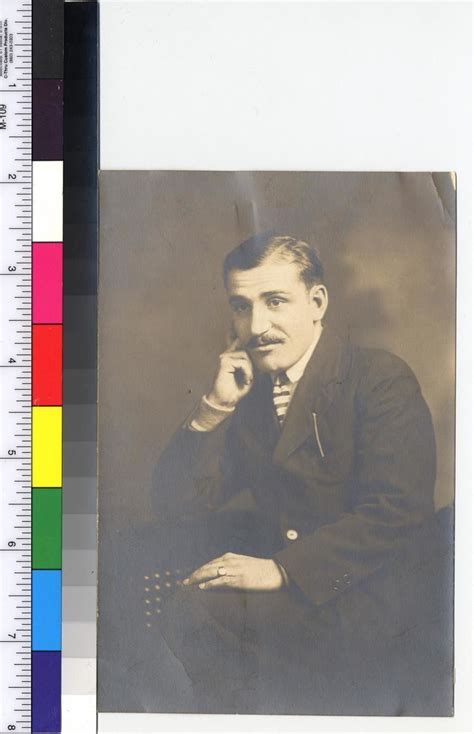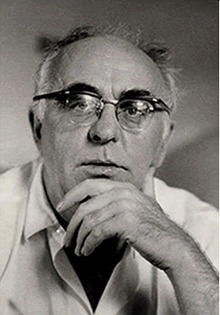A Quote by Mike McCurry
By and large, people are sort of technologically averse in the political space.
Related Quotes
Some people are averse to competition and allow the words 'co-operation' and 'humanism' to drool from their mouths, apparently meaning thereby a large blob of protoplasmic homogeneity that lacks all individuality. It is not individuals and their liberty that concerns them, but rather some sort of well greased squirming mass that would seem to be analogous to the brains from which such amorphous 'ideas' emanate.
Cinema is a technologically mediated dreamspace, a way to access, a portal to the numinous that unfolded in the fourth dimension, so cinema became sort of a waking dream where we can travel in space and time, where we can travel in mind. This became more than virtual reality, this became a real virtuality.
There is a brief time for sex, and a long time when sex is out of place. But when it is out of place as an activity there still should be the large and quiet space in the consciousness where it lives quiescent. Old people can have a lovely quiescent sort of sex, like apples, leaving the young quite free for their sort.
Despite the fact that there's billions of dollars sitting in the Iraqi government reserves, somehow they are incapable of getting it out to the people. There are a very large number of people here who are on the edge of starvation. For those sort of people - a sizable chunk of people - that service makes them regard Muqtada as a sort of god.
One problem with people is that as soon as they fill a space it's them you see and not the space. Large, desolate landscapes stop being large, desolate landscapes once they have people in them. They define what the eye sees. And the human eye is almost always directed at other humans. In this way an illusion is created that humans are more important than those things on earth which are not human. It's a sick illusion.
In order to understand the phenomena in a certain plasma region, it is necessary to map not only the magnetic but also the electric field and the electric currents. Space is filled with a network of currents which transfer energy and momentum over large or very large distances. The currents often pinch to filamentary or surface currents. The latter are likely to give space, as also interstellar and intergalactic space, a cellular structure.
For queer people, the personal is very political, just to talk about it in a public space. It's very political just to come out and take up that space and be like, 'This is my narrative. It's not an outsider narrative, and it's not a fetish narrative; it's just my story, and it's worth being told and listened to.'




































